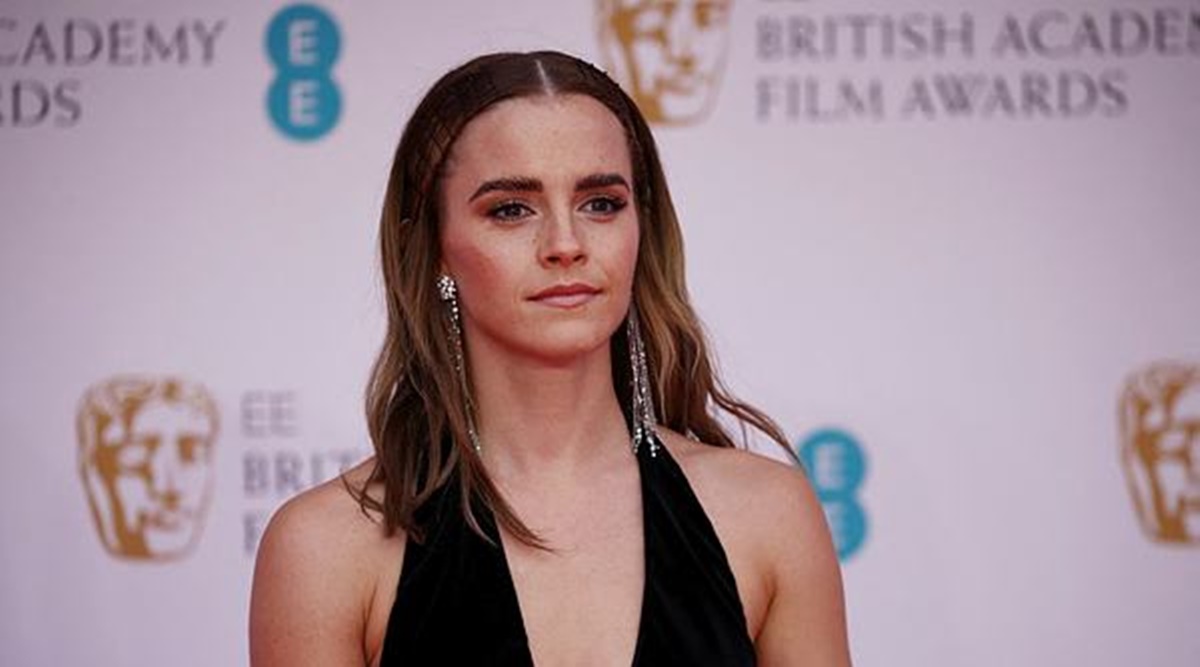
On Emma Watson’s birthday, a look back at the actor’s fierce feminist advocacy
Her brilliant and inspiring portrayal of Hermione Granger in the Harry Potter franchise shot Emma Watson to global success and fame at a young age. The actor, who turns 32 today, is not only known for her stellar performances in films like Little Women, Beauty and the Beast, and The Perks of Being a Wallflower, among others, but also for her gender equality advocacy as the UN Goodwill Ambassador which, besides making her a youth icon to look up to, has also won her multiple accolades.
And while the actor has spoken on gender equality, girls’ education, and women’s rights on multiple occasions and across platforms, her speech in the 2014 UN HeForShe campaign remains one of the most memorable. Take a look:
“I started questioning gender-based assumptions when at eight I was confused at being called ‘bossy’, because I wanted to direct the plays we would put on for our parents—but the boys were not. When at 14 I started being sexualized by certain elements of the press. When at 15 my girlfriends started dropping out of their sports teams because they didn’t want to appear ‘muscly’. When at 18 my male friends were unable to express their feelings. I decided I was a feminist and this seemed uncomplicated to me,” said Emma at the beginning of her speech.
In the same year, Emma appeared as the cover star of Elle US issue which called her “The Fresh Face of Feminism”. In the interview, Emma offered a simplified yet essential definition of feminism: “Here’s what I think. Feminism is not here to dictate to you. It’s not prescriptive, it’s not dogmatic. All we are here to do is give you a choice. We want to empower women to do exactly what they want, to be true to themselves, to have the opportunities to develop. Women should feel free. There is no typical feminist, there is nothing anywhere that says you have to meet a certain [set of] criteria.”
In 2016, at a moment when the conversations around gender inequality and specifically the pay gap between actors in Hollywood was increasingly coming to the fore, Emma was one of the people to talk about the discrimination. In an interview with Esquire, Emma said: “[Feminism]’s not about us convincing you that gender equality is worth engaging in only because there might be something in it for you, or in it for your sister or your mother. The question is, what’s in it for humans?”
Raising the issue of pay gap, Emma said to the magazine, “We are not supposed to talk about money, because people will think you’re ‘difficult’ or a ‘diva. But there’s a willingness now to be like, ‘Fine. Call me a ‘diva,’ call me a feminazi,’ call me ‘difficult,’ call me a “First World feminist,’ call me whatever you want; it’s not going to stop me from trying to do the right thing and make sure that the right thing happens.’ Because it doesn’t just affect me, it affects all the other women who are in this with me, and it affects all the other men who are in this with me, too.”
After the release of the movie He Named Me Malala, Emma interviewed Yousafzai in what turned out be an amazing conversation between two tireless women’s rights activists. During the interview, Emma, who deems the Nobel Peace Prize awardee her “absolute hero”, spoke about how people often think “men can’t be feminists or shouldn’t be campaigning for girl’s rights”, to which Malala responded with the example of her father who, she says, “has set an example to all parents, in all male, all men that if we want equality, if we want equal rights for women, then we have to, men have to step forward. Because if we complain that women don’t get equality, equal rights, it means like all the things are taken by men. So, they need to step back and say, we want, we’re here to support.”
📣 For more lifestyle news, follow us on Instagram | Twitter | Facebook and don’t miss out on the latest updates!
